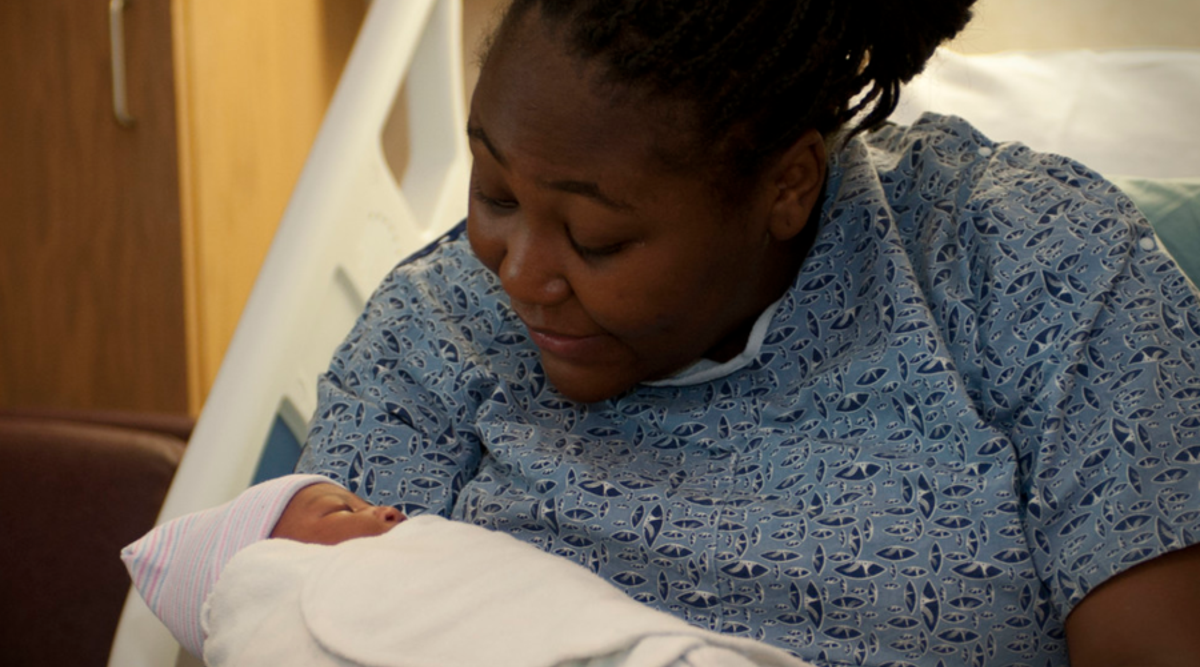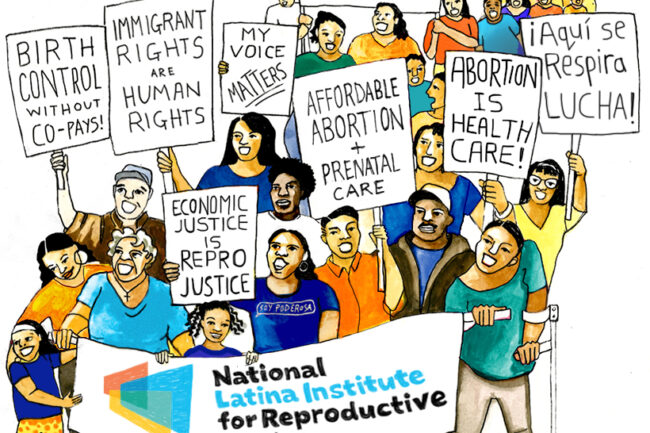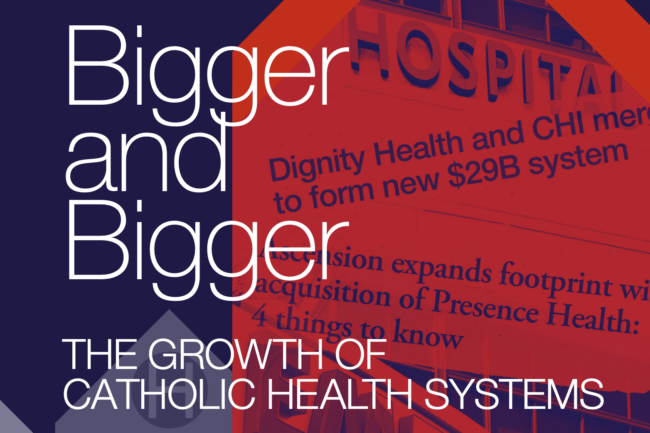Gender Equity & Health Justice
As part of the Gender Equity and Health Justice program, Community Catalyst has worked with partner organizations to achieve robust implementation of the Affordable Care Act (ACA), which has had a powerful impact on improving women and LGBTQ+ people’s health coverage.
- Since the ACA’s passage, the proportion of adult women who are uninsured has decreased by nearly half, from 18.9 percent in 2012 to 9.5 percent in 2016.
- An estimated 53 million women now have contraceptive coverage without co-pays.
- Other policy wins include guaranteed maternity coverage, protections against women being charged more than men for the same policy, and prohibitions on denying coverage for “pre-existing conditions,” such as having had a Cesarean section delivery or having been a victim of sexual assault.
- Community Catalyst also worked to ensure that non-discrimination protections under the Affordable Care Act are applied equally to LGBTQ+ people whose health care needs and decisions are increasingly under threat.
In June 2022, the Dobbs v. Jackson Women’s Health Organization ruling by the Supreme Court of the United States undermined the sexual, reproductive, and maternal health of millions of people by stripping their constitutional right to abortion—even in cases of rape, incest, or when their own lives are in danger. The ruling further put access to contraception, gender-affirming care and other sexual and reproductive health services at risk.
We are now in a critical window: as people struggle to access abortion care and other vital sexual, reproductive and maternal health care services. Advocates are redoubling their efforts to develop a long-term vision for reproductive and health justice. We are similarly renewing our efforts to forge new partnerships, as well as develop messaging and advocacy strategies that advance people’s fundamental right to control their own health and body.
Our Approach
- Partnering with local organizations in states, including Louisiana, Mississippi, and Texas to build movement with and create advocacy and policy resources for those most hurt by abortion restrictions.
- Advocating for strong policies and organizing tactics in states where abortion access can be codified or expanded, such as Colorado, New Jersey, and New Mexico.
- Creating communication and coalition strategies that directly connect abortion access, LGBTQ+ rights, race equity, and access to affordable coverage and care—to embed reproductive health and justice within coalition efforts to expand Medicaid access and enrollment.
Deep movement-building work like this, along with voting access and policy change, is necessary to create a future where all people can access the health services they need, and where all bodies are truly free. This strategy puts us on the path toward these long-term changes.


